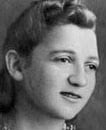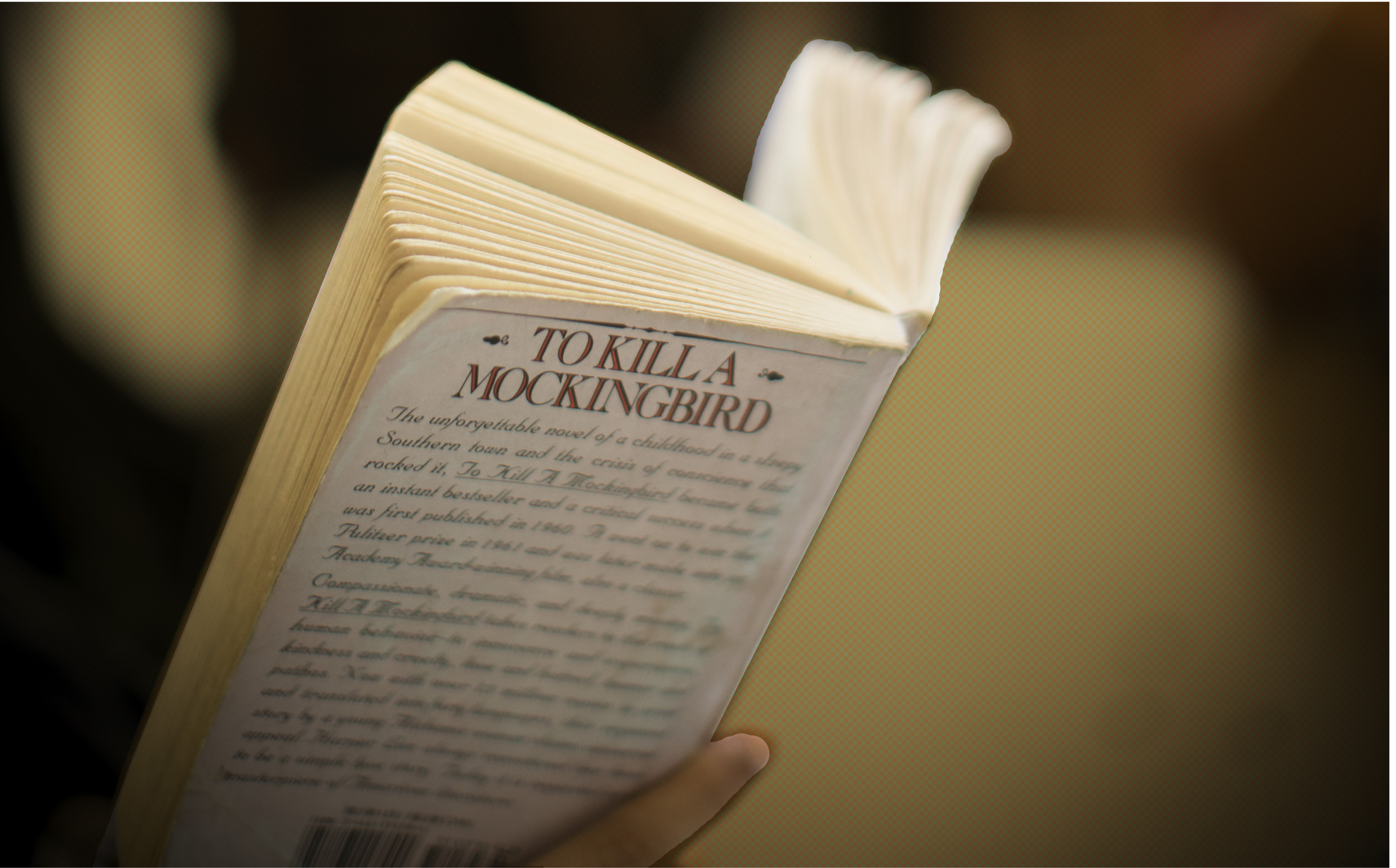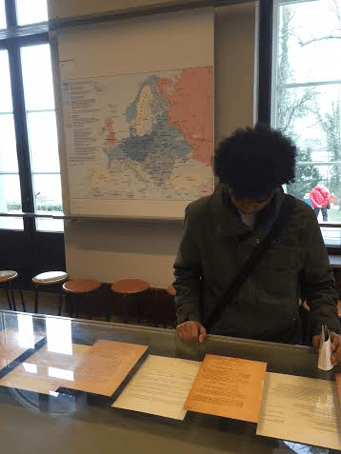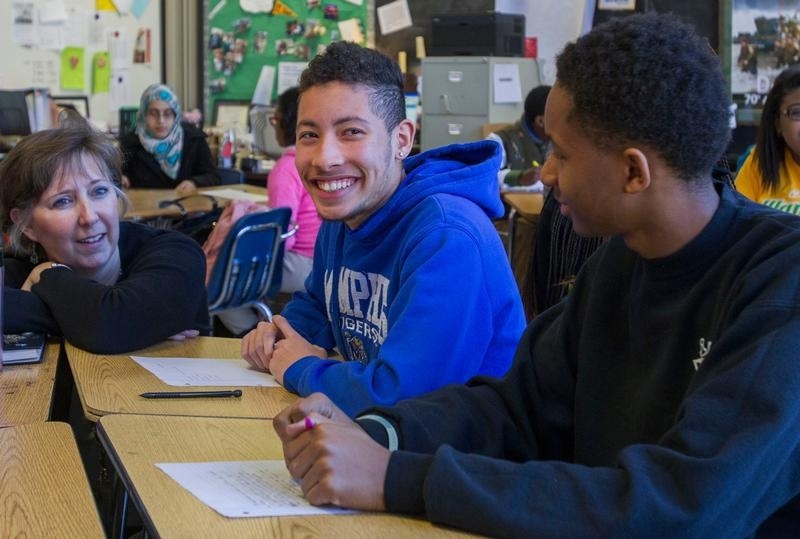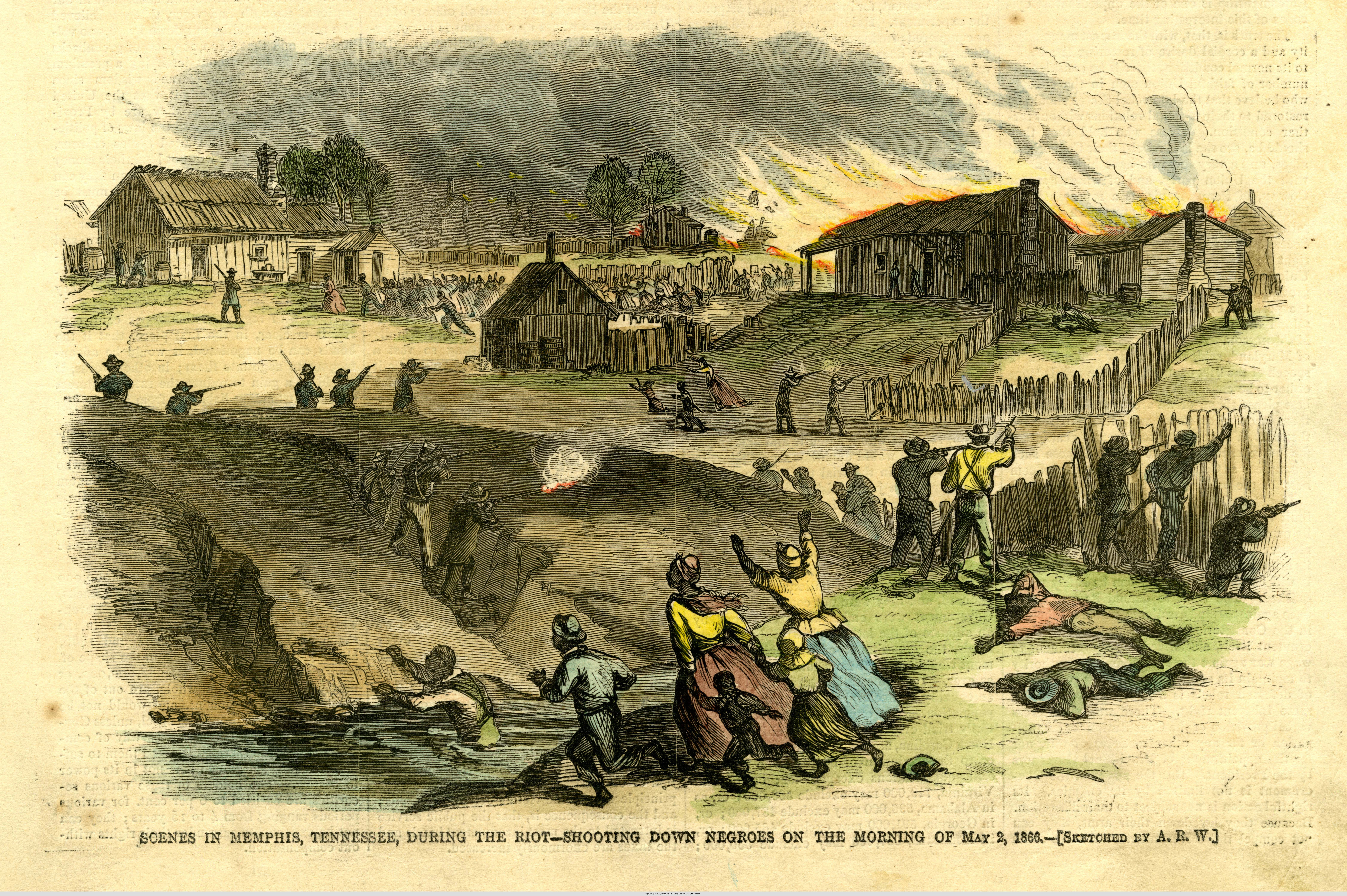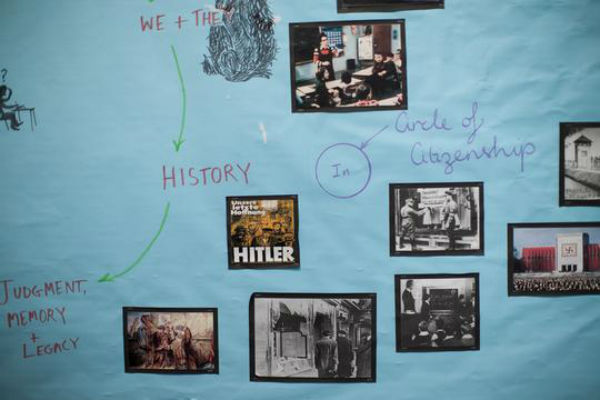Sonia Orbuch, a Jewish partisan during World War II, recently took the time to answer questions submitted to her by students from AJ Elementary School in East Prairie, Missouri. Her story shines a light on Jewish resistance, which offers a contrast to the narrative that Jews were helpless victims during the Holocaust. Partisans were members of an organized body of fighters that formed to protect themselves from the brutality of the Nazi regime. Approximately 20,000 to 30,000 Jews escaped from Nazi ghettos and camps to form or join organized resistance groups.
Read her answers to these children’s questions in this three-part series to learn about how she joined the partisans, what life was like in the forest, and the dangers she faced resisting the Nazis.
Read More
Topics:
Holocaust,
Survivor Testimony,
Holocaust and Human Behavior,
Holocaust Education,
Jewish Educational Partisan Foundation
As a high school English teacher, my goal is to produce globally aware students who see the larger context of the curricula we are studying. Texts, such as Harper Lee’s To Kill a Mockingbird, are valuable lenses to educate my students about what it means to be humane, active participants in their classroom and the world. Before attending Facing History’s Teaching Mockingbird seminar, I thought about how to approach the novel in a way that would encourage my pupils to explore the complexity of human behavior and decision-making. But I was also looking to be inspired about how to most effectively end my semester-long unit on Race and Membership using the novel. Now, I have a plethora of strategies to discuss the dilemmas that develop when conscience comes into conflict with societal rules of behavior.
Read More
Topics:
To Kill a Mockingbird,
Professional Development
During the March Break of 2016, a group of 31 students from three Toronto District School Board schools travelled to Germany, Czech Republic, and Poland to learn about the history of Jewish life in Europe and the Holocaust. These students were currently taking, or had previously taken, the Grade 11 elective course, Genocide and Crimes Against Humanity. They participated in two pre-trip meetings to help prepare them for the reality of actually facing the difficult history that they had only read and heard about in class. After the trip, we gathered together again to share memorials to our experience learning about this history in the places that it actually happened.
Read More
Topics:
Memory,
Holocaust Education,
Travel,
Judgement and Legacy
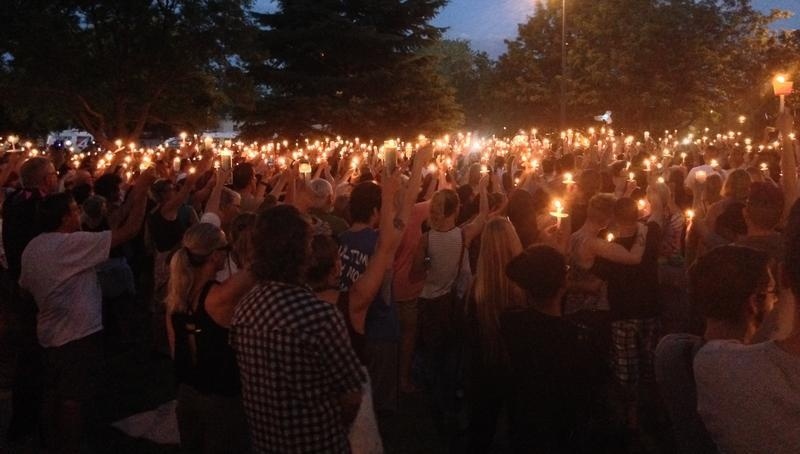
Orlando. Brussels. Baghdad. Baton Rouge. St. Paul. Dallas. Nice. Istanbul. Baton Rouge, again. The last several weeks have been hard on humanity. I was on vacation from my work at Facing History, trying to stay unplugged for awhile, when the news about Dallas broke. I logged back on to social media, but just as quickly shut it off again. I was (am) overwhelmed, feeling small and fairly powerless to help heal the world and prevent such violence in the future. But, I also couldn't get away from the feeling that, at that moment, turning my back was the exact wrong thing to do. I kept coming back to some critical questions: Why is it important to stay checked in, even when I can and want to check out? In the face of overwhelming sorrow, terror, and anger, how do I remain hopeful? How can I continue to take care of myself - to put on my oxygen mask first - while at the same time not abandoning my responsibility as a human being to care for others within my universe of obligation? Below are a few strategies that may help keep us engaged and hopeful and, as the school year begins in the coming weeks, do the same for our students.
Read More
Topics:
Safe Schools,
global terrorism,
current events,
In the news
Classrooms are meant to be safe spaces for students to learn new lessons, share their thoughts, and understand the world around them. This can be challenging for new students - particularly those from different countries - but it’s essential to students' academic and personal growth to feel included and valued. Creating a welcoming environment can take a little extra work, but it’s possible and there are small, easy ways to do it.
Read More
Topics:
Immigration,
Safe Schools,
School Culture
Nearly two years ago, on August 9, 2014, Michael Brown, an unarmed black teenager, was fatally shot by police in Ferguson, Missouri. News of the event swiftly spread across national media outlets and the shooting quickly became a flashpoint for a national discussion about race, policing, and justice in the United States.
Read More
Topics:
Media Skills,
Journalism,
current events,
Facing Ferguson
One hundred and fifty years ago, two massacres in 1866 – one in Memphis and one in New Orleans – galvanized national opposition to the Reconstruction policies that President Andrew Johnson enacted. These policies offered almost no protection to newly freed slaves in the aftermath of the Civil War.
How can confronting challenging historical moments like these become a step toward truth and reconciliation around issues of race that we face today? First, we need to understand the history behind them.
Read More
Topics:
Democracy,
Reconstruction,
Race and Membership,
American History,
Truth and Reconciliation
A Facing History classroom is about more than just history. That's why Amy McLaughlin-Hatch asked her students at Southeastern Regional Vocational Technical High School in South Easton, Massachusetts to describe Facing History and give advice to their peers taking the course next year. We're featuring two of these student voices in a two-part series to show just how transformative this experience can be. Amy was a recipient of a 2015 Margot Stern Strom Innovation Grant. You can read more about her MSS Grant project here.
Read More
Topics:
Classrooms,
History,
Holocaust and Human Behavior,
Bystander,
Upstander
A Facing History classroom is about more than just history. That's why Amy McLaughlin-Hatch asked her students at Southeastern Regional Vocational Technical High School in South Easton, Massachusetts to describe Facing History and give advice to their peers taking the course next year. We're featuring two of these student voices in a two-part series to show just how transformative this experience can be. Amy was a recipient of a 2015 Margot Stern Strom Innovation Grant. You can read more about her MSS Grant project here.
Read More
Topics:
Classrooms,
History,
Holocaust and Human Behavior,
Bystander,
Upstander
Two years ago, the Anderson School in New York City partnered with Facing History and Ourselves to bring the Holocaust and Human Behavior curriculum into our eighth grade Social Studies and English Language Arts classes. This period of history is so widely studied but often the dark nature of it is hard for young students to grasp. That’s why we were excited to bring an interdisciplinary approach to our students’ learning that not only taught them the basics of the history but also engaged them on a deeper level of reflection on issues in their own lives.
Read More
Topics:
History,
Holocaust and Human Behavior,
ELA,
Holocaust Education

